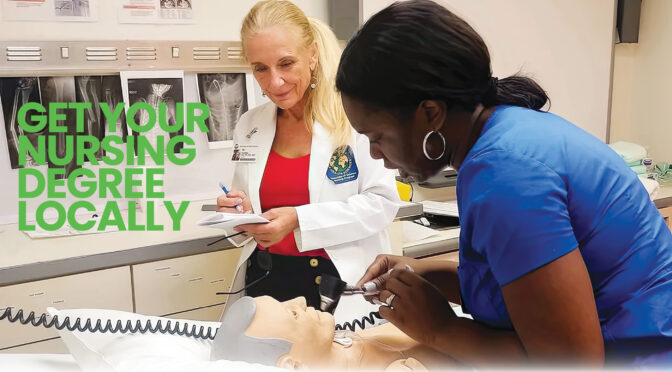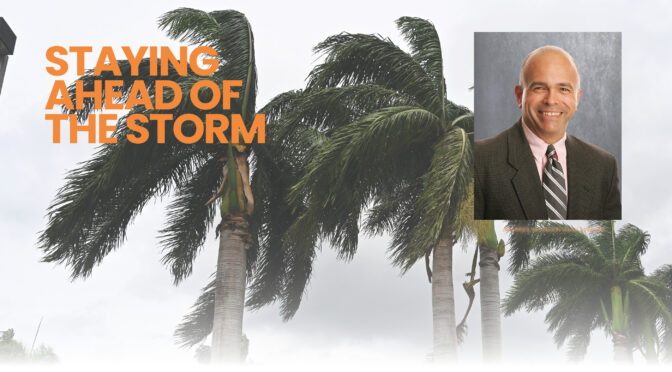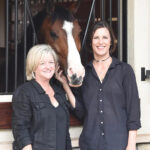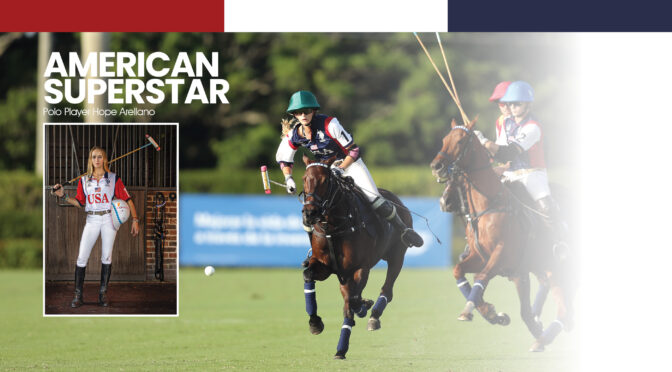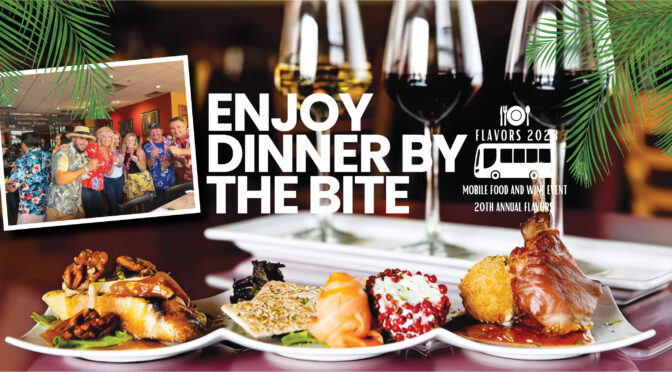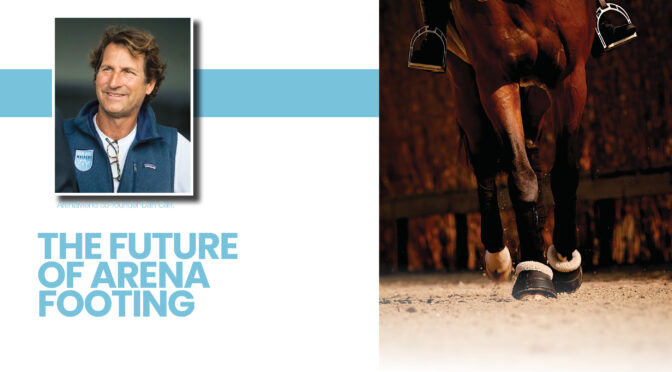By Mike May
Residents of Palm Beach County, specifically those living in the western communities who want to work as a nurse, have a locally owned and operated school where they can acquire the necessary qualifications to get a job in the nursing profession. They can get their nursing degree from the NRI Institute of Health Sciences, based in Royal Palm Beach.
The NRI Institute is a fully licensed and accredited private degree-granting and post-secondary school that is qualified to prepare students for a career in registered and practical nursing, as a nursing assistant, a medical assistant, and in the field of diagnostic medical sonography. Starting next year, students will be able to get a four-year bachelor’s of science degree in nursing from the NRI Institute.
Located at 503 Royal Palm Beach Blvd. in the Royal Plaza at the corner of Royal Palm Beach and Southern Boulevards, the NRI Institute currently has a 12,500-square-foot facility it calls home. When it opened in 2012, it had just 1,000 square feet of space and eight students. Now, it has 125 students with room for as many as 150 students. Since 2012, more than 400 students have graduated from the NRI Institute of Health Sciences.
The owners of the NRI Institute are the husband-and-wife team of Dan Splain and Elizabeth Stolkowski. Splain is the chief administrative officer, and Stolkowski is in charge of operating the school as the president and director of the nursing programs.
Both Splain and Stolkowski are well qualified to operate the school due to their extensive experience in the healthcare field. This includes working in hospital administration, managed care, nursing education and the international recruitment of healthcare professionals. For a number of years, the two of them operated a managed care facility in the Midwest, where they recruited nurses from overseas.
Stolkowski, a native of The Philippines, has three master’s degrees and a law degree.
“She is well qualified to oversee the academic side of the NRI Institute of Health Sciences,” Splain said.
What’s really important about Stolkowski’s role at the NRI Institute is her ability to get the students to cross the “finish line,” so to speak.
“Elizabeth has a talent for coaching students and getting them to pass the Nursing Council Licensure Examination,” Splain said. “After passing the exam, our graduates can then start working as nurses, where their starting salaries can range between $75,000 and $100,000 a year.”
Splain noted that there’s a great need for more nurses across the United States. That’s especially the case in Florida because of the large number of residents who are over the age of 65. Here in Palm Beach County, the number of residents over 65 expands greatly during the winter months.
This need for more nurses seems more acute now, but it is not a recent issue.
“Even before the pandemic, there was a nationwide shortage in the U.S. of more than one million nurses,” Splain said. “We still have a nursing shortage in this country.”
Many of the graduates of the NRI Institute of Health Sciences find employment in the western communities at facilities such as Wellington Regional Medical Center and Palms West Hospital, as well as many smaller medical offices and facilities. A number of graduates also land jobs in other Florida cities. And, of course, many of the nursing graduates get hired in other parts of the U.S.
“A large number of our graduates get jobs at Wellington Regional Medical Center because that’s where they do their clinical rotations,” Splain said. “They do such a great job during their clinical rotations at Wellington Regional that some are offered jobs before they even graduate.”
According to Splain, some graduates actually return to the classroom as instructors.
“We even have some graduates teaching in fine institutions all over the U.S.,” Splain said. “The nursing shortage in the U.S. can also be attributed to a shortage of nursing instructors.”
Time wise, getting a degree from the NRI Institute will usually take two years. The clinical rotations are interspersed with the classroom work. There are 12 faculty members, and the classroom sizes are usually eight to 10 students per instructor.
“We like to keep it small and teach them well,” Splain said.
According to Stolkowski, many of the students at the NRI Institute are not what you normally expect.
“We have many non-traditional students enrolled,” Stolkowski said. “We have students in their teens, 20s, 30s, 40s and 50s. Many have families, as well as being enrolled full-time in school. Roughly 85 percent of our students are female.”
In addition to a wide age-range of nursing candidates, they also come from all parts of Palm Beach County, as well as Broward, Martin and St. Lucie counties. “A handful of students travel here from as far away as Vero Beach,” she said.
One aspect of being a student at the NRI Institute is the in-person educational experience.
“We don’t have any online classes,” Splain said. “You really need to have the hands-on academic experience in our classrooms to learn how to be a nurse.”
The NRI Institute of Health Sciences will hold its 10th commencement exercises on Thursday, June 8 at 5 p.m. at the Royal Palm Beach Cultural Center. Thirty nursing and diagnostic medical sonography graduates will receive their degrees. The guest speaker will be Dante Mitchell Tolbert, founder and CEO of Florence Technologies, which is an innovative edtech company that aims to combat the nursing shortage through solutions driven by artificial intelligence.
To learn more about the NRI Institute of Health Sciences, call (561) 688-5112 or visit www.nriinstitute.edu.
